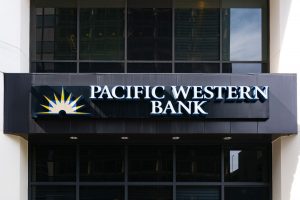The foreign institutional investors (FIIs) bought shares worth a net Rs 369.06 crore, while domestic institutional investors (DIIs) sold shares worth a net Rs 334.31 crore in the Indian equity market on August 25, as per provisional data available on the NSE.
Also Read| K Subramanian appointed India Executive Director at IMF
In the month of July 2022, FIIs sold shares worth a net Rs 6,567.71 crore while DIIs bought shares worth a net Rs 10,546.02 crore.
Also Read| Adani Group needs Sebi permission to secure stake in RRPR: NDTV
The Sensex dropped 310.71 points or 0.53% to 58,774.72 and the Nifty was down by 82.50 points or 0.47% to 17,522.45 on Thursday.
Also Read| RBI lifts restrictions on American Express on onboarding new customers
The Sensex touched a high and low of 59,484.35 and 58,666.41, respectively. There were 5 stocks advancing against 25 stocks declining on the index.
Also Read| Indian government plans to sell at least 51% of IDBI Bank: Report
The Nifty traded in a range of 17,726.50 and 17,487.45. There were 16 stocks advancing against 34 stocks declining on the index.
Also Read| Indian government to discuss possibility of common charger for all phones, laptops
FII stands for ‘foreign institutional investor,’ and refers to an investment fund or an investor who puts their money into a country’s assets while being headquartered outside of it.
Also Read| Elliott sold stake in Twitter amid Elon Musk deal frenzy: report
In India, this is a commonly used term to refer to outside entities contributing to the country’s financial markets by investing.
Also Read| US Fed issues guidance for banks considering cryptocurrency activities
On the other hand, ‘DII’ stands for ‘domestic institutional investors.’ Unlike FIIs, DIIs are investors that invest in the financial assets and securities of the country they are currently residing in.
Also Read| What is Delhi’s now-scrapped Excise policy?
These investment decisions of both FIIs and DIIs are impacted by political and economic trends. Additionally, both types of investors — foreign institutional investors (FIIs) and domestic institutional investors (DIIs) — can impact the economy’s net investment flows.






